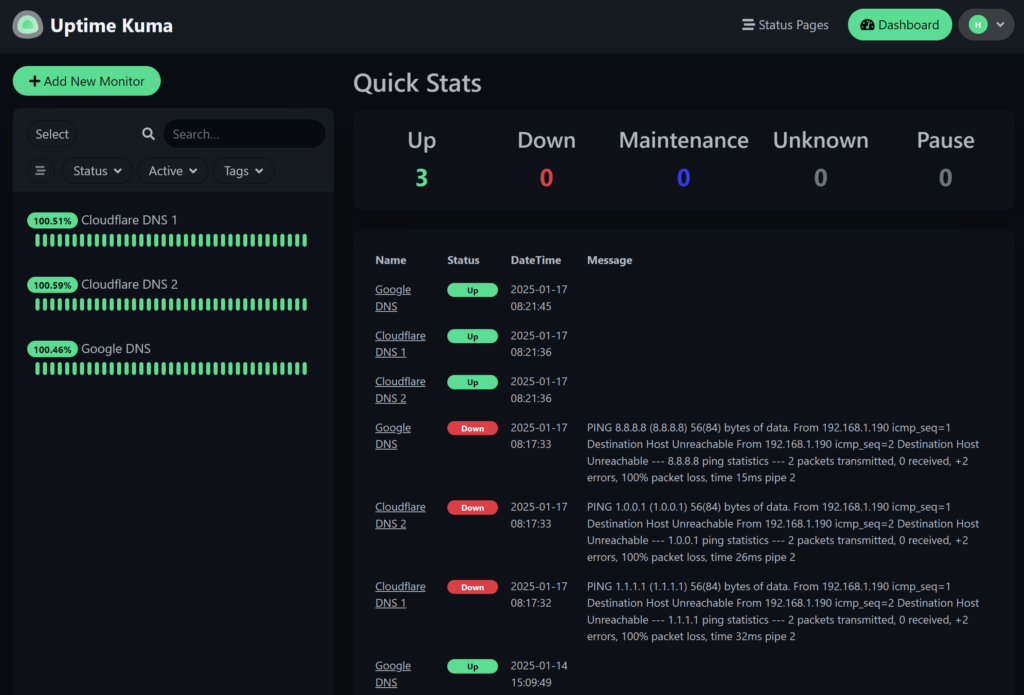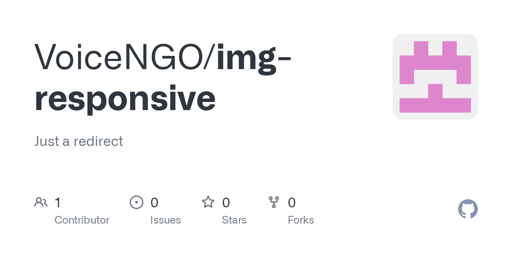Thanks, might have to try that sometime.
I joined Lemmy back in 2020 and have been using it as qaz@lemmy.ml until somewhere in 2023 when I switched to lemmy.world. I’m interested in systemd/Linux, FOSS, and Selfhosting.
- 269 Posts
- 1.97K Comments
Could you link the privacy extension in question I haven’t heard of it
I do like how I can easily remember IPv4 addresses while I struggle to remember a single IPv6 address
AI / Vibe coding software (companies)

 5·1 day ago
5·1 day agoI don’t think that’s a valid comparison. The behavior does differ when it comes to cleanly releasing resources. Rust’s panic performs the drop actions for the current values on the stack, a SIGILL or SIGSEGV crash doesn’t.
#[derive(Debug)] struct MyStruct {} impl Drop for MyStruct { fn drop(&mut self) { println!("{:?}", "imagine cleanup here"); // this is called } } fn main() { let a = MyStruct {}; panic!("panic!"); println!("{a:?}"); }

 10·1 day ago
10·1 day agoA good example would be regex. After validating it when writing the program it should always compile, although this could also be solved with a proc macro that validates the regex at compile time.
This reminds me of an old family story. My grandpa used to have an uncle who had flamingo’s. Imagine walking through a Dutch village somewhere in the 60’s and seeing a bunch of flamingo’s standing in some muddy ditch. I have have no clue how he they ended up there, but it apparently wasn’t the first time he ended up with some tropical animal. My grandpa had to take care of them for a while, but didn’t really know what to feed them. He also had some parrots and would buy food for them from the miller. Considering these were also birds, just larger, he went to the miller and asked for food for flamingo’s. The miller did not know what flamingo’s were. He therefore explained that they were large pink birds. The miller was not convinced, thinking he was pulling his leg and sent him away with a few bags of chicken feed.

 1·3 days ago
1·3 days agoYeah, I remember it being feverdream sludge when I first tried it
Okay? Stay safe, I guess
I’ve used it and Sololearn back when I first started to learn programming (about 7-9 years ago) and I remember it being fine. However, I used it on a tablet and it has been almost a decade ago so there’s a good chance my opinion doesn’t hold weight anymore.
I saw a new educational tool by JetBrains some time ago and maybe that’s something you could take a look at https://www.jetbrains.com/help/idea/product-educational-tools.html
https://github.com/Shadlock0133/cargo-vibe
I thought it was a joke, but this is actually viable and even configurable
By default,
cargo-vibewill, on success, vibe full strength for 3 seconds.You can change that by setting
CARGO_VIBE_PATTERNenvironment variable. For example, to set it vibe for 1.5 second on 20% strength, you can do:CARGO_VIBE_PATTERN="0.2 1.5s" cargo vibe <cmd>You can also set full patterns of vibes to run, by separating them with slashes
/. Here is one example:CARGO_VIBE_PATTERN="0.4 1s/0.6 1s/0.8 0.75s/1.0 0.25s"Wait, there’s more! https://github.com/funkeleinhorn/cargo-shock
To let Cargo Shock trigger your shock collar use:
cargo shock buildTo use it everytime you can
alias cargo="cargo shock".Cargo Shock can also be combined with other tools like Cargo Mommy and Cargo Vibe like this:
cargo mommy vibe shock build ...And they have a really slick site: https://openshock.org/

 22·11 days ago
22·11 days agoYou’re talking about YAML? /s

 29·12 days ago
29·12 days agoThe real problem is merging before waiting for that one slow CI pipeline to complete
I’ve been using ClickHouse too and it’s significantly faster than Postgres for certain analytical workloads. I benchmarked it and while Postgres took 47 seconds, ClickHouse finished within 700ms when performing a query on the OpenFoodFacts dataset (~9GB). Interestingly enough TimescaleDB (Postgres extension) took 6 seconds.
Insertion Query speed Clickhouse 23.65 MB/s ≈650ms TimescaleDB 12.79 MB/s ≈6s Postgres - ≈47s SQLite 45.77 MB/s1 ≈22s DuckDB 8.27 MB/s1 crashed All actions were performed through Datagrip
1 Insertion speed is influenced by reduced networking overhead due to the databases being in-process.
Updates and deletes don’t work as well and not being able to perform an upsert can be quite annoying. However, I found the ReplacingMergeTree and AggregatingMergeTree table engines to be good replacements so far.
Also there’s !clickhouse@programming.dev

 1·16 days ago
1·16 days agoThat also looks like a really interesting option, might try that myself

 7·16 days ago
7·16 days agoYou can use Uptime Kuma. It’s just 1 container with an SQLite database. It shows outages, uptime, and can sent notifications about service status.


 4·17 days ago
4·17 days agoDonald Trump is a European Federalist confirmed? /s

 10·17 days ago
10·17 days agoPerhaps both?





















Yes. Vibe coding tools and AI companies